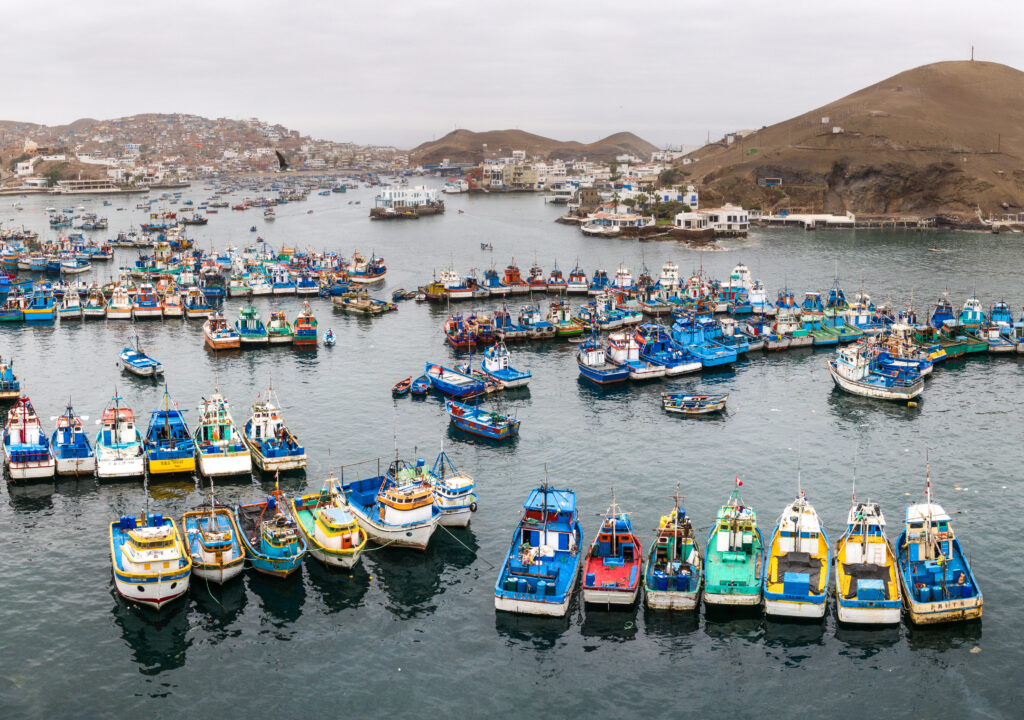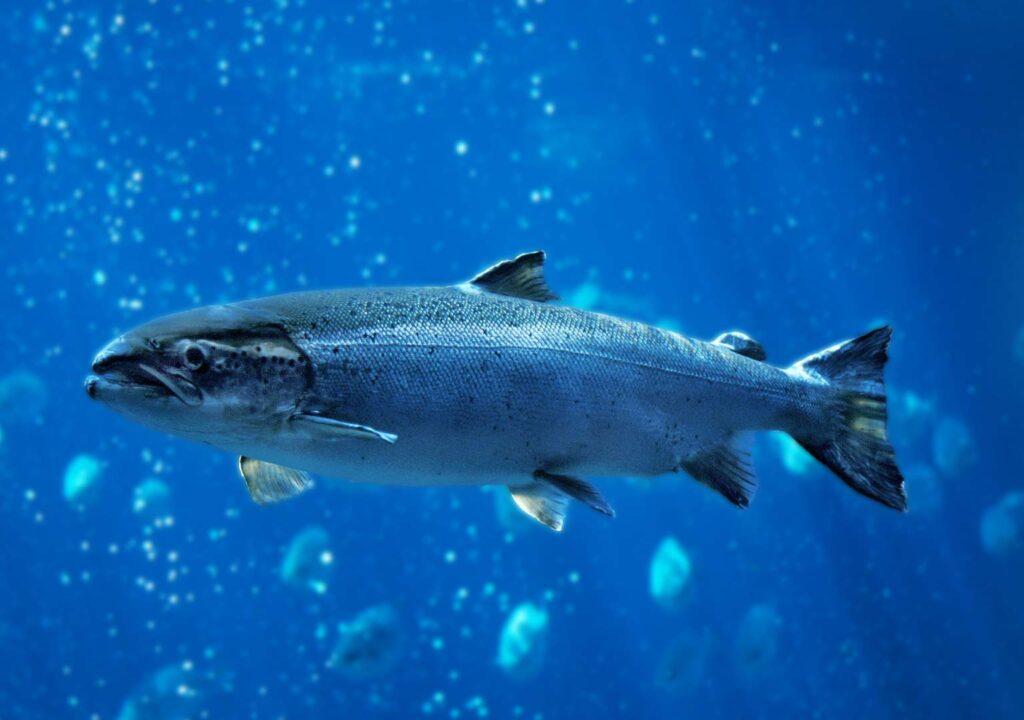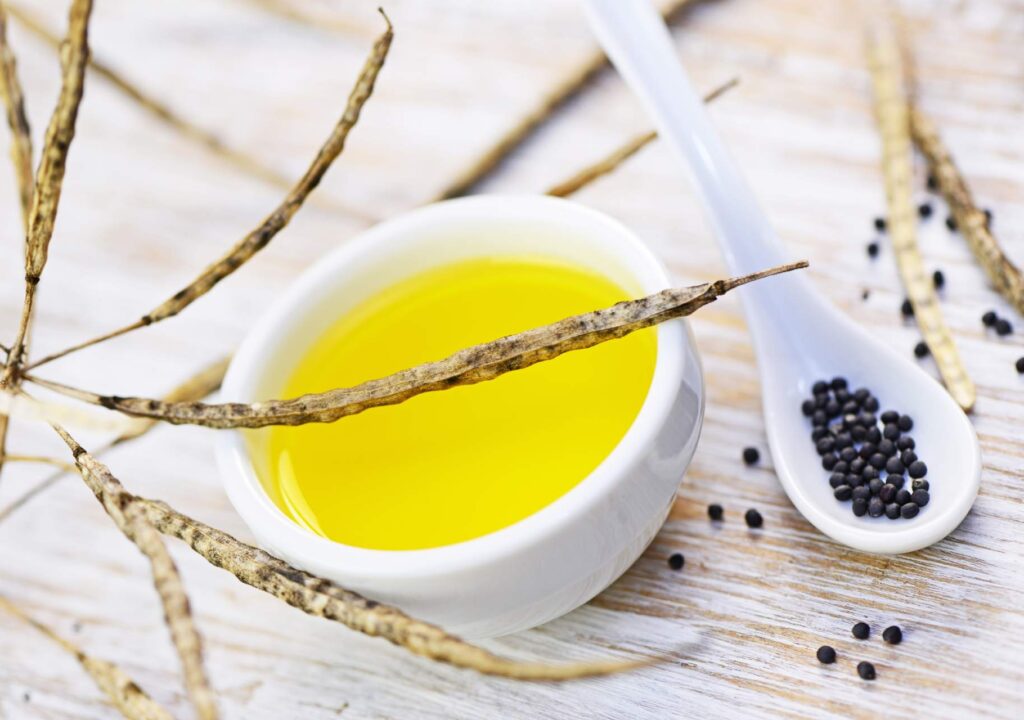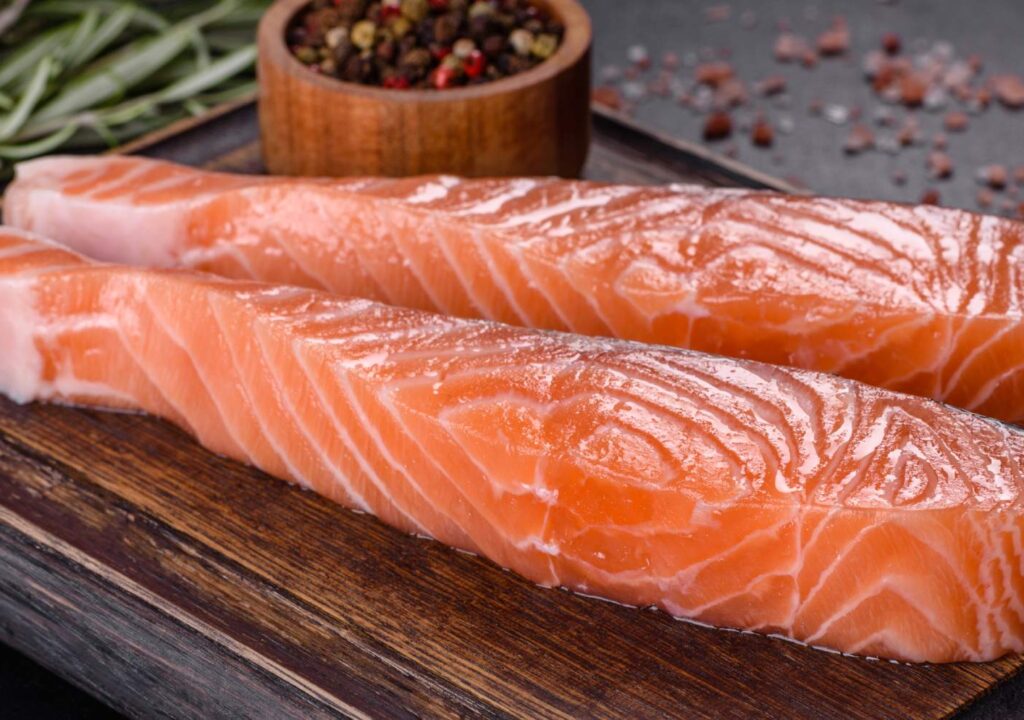This time of year, thousands of fishers are typically out to sea off the coast of Peru to bring in the semi-annual anchovy catch. But right now, the anchovy boats are docked in Lima. Since May, Peru’s government has been sending warning signs that the first anchovy season of the year was in trouble. The […]
FOR IMMEDIATE RELEASE West Sacramento, CaliforniaJune 28, 2023 Nuseed Nutritional US Inc., a wholly-owned subsidiary of Nufarm Limited (ASX:NUF), welcomes the Norwegian Food Safety Authority’s (NFSA) decision to grant the approval of Aquaterra® Omega-3 oil for use in fish feed applications. Aquaterra is derived from Nuseed® Omega-3 Canola – the world’s first plant-based source of […]
En los últimos años, varios ensayos de alimentación publicados en destacadas revistas científicas han demostrado que el aceite de canola con omega-3 de Aquaterra no solo es seguro para el consumo de peces de piscifactoría, sino también que los peces alimentados con dietas ricas en esta fuente alternativa de ácidos grasos omega-3 muestran los mismos […]
Over the last few years, several feeding trials published in leading scientific journals have shown that Aquaterra omega-3 canola oil is not only safe for consumption by farmed fish, but also that fish fed diets rich in this alternative source of omega-3 fatty acids display the same growth and performance benefits as fish fed traditional fish […]
El Consejo Mundial de los Océanos (WOC, del inglés World Ocean Council), en asociación con Special Interest Films, está produciendo Ocean Titans, una serie de películas centradas en los pioneros de las ciencias e industrias del océano. Las películas tienen como objetivo destacar a aquellos que preservan y fomentan entornos oceánicos saludables para el beneficio […]
Aquaterra Featured in Ocean Titans, A Docuseries Highlighting Business Leaders in Ocean Conservation
The World Ocean Council (WOC), in partnership with Special Interest Films, is producing Ocean Titans, a series of films focused on pioneers in ocean sciences and industries. The films aim to highlight those who are preserving and fostering healthy oceanic environments for the benefit of future generations, while also ensuring the growth of responsible, environmentally […]
Durante los últimos 20 años, la disponibilidad de aceite de pescado ha estado en descenso. La industria de la acuicultura ha respondido mediante la reducción del uso de aceite de pescado en las fórmulas de alimentación y la sustitución por volúmenes cada vez mayores de aceite vegetal. Sin embargo, los aceites vegetales convencionales no son […]
Over the last 20 years, the availability of fish oil has been on the decline. The aquaculture industry has responded by reducing the use of fish oil in feed formulas, replacing it with steadily increasing volumes of vegetable oil. However, conventional vegetable oils are not a one-to-one replacement for fish oil due to their lack […]
La calidad es primordial para los consumidores de salmón, y los compradores disciernen con sus ojos. El color uniforme y la ausencia de manchas oscuras son indicadores de calidad, y los consumidores de pescados y mariscos buscan ambos cuando seleccionan los mejores filetes. Para producir estas cualidades deseables, el salmón debe tener dietas nutritivas, ricas […]
Quality is paramount for salmon consumers, and buyers discern with their eyes. Consistent color and lack of dark spots are indicators of quality, and seafood consumers look for both in selecting the best fillets. To produce these desirable qualities, salmon must eat nutritious diets, rich in omega-3 fatty acids, including DHA and EPA, which have […]






